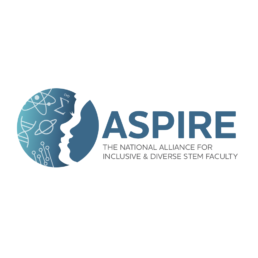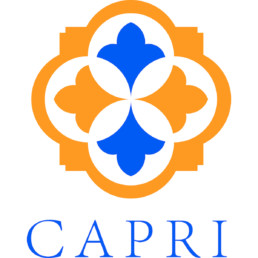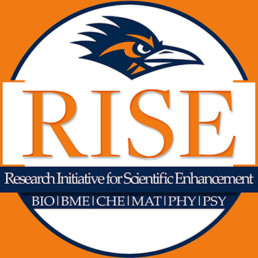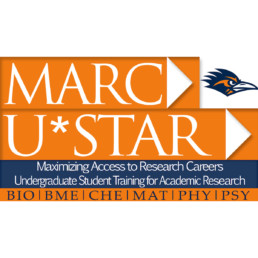Groundbreaking Research Benefitting Hispanic Communities
UTSA aims to be one of our country’s great public research universities.
Many of the university’s talented faculty are fueling that trajectory through groundbreaking research benefitting Hispanic populations on issues of health, student success and STEM careers, among others.
National agencies have taken notice, awarding UTSA faculty and programs with prestigious research grants to further their work. Below are just a few stories of UTSA faculty doing extraordinary research in this space.
Faculty Research
Meizi He, Zenong Yin, Erica Sosa and Summer Wilmouth’s $573,000 Cancer Research and Prevention Foundation grant, Building a Healthy Temple: Cancer Primary Prevention Among Hispanics, is creating a faith-based program to reach Hispanics in lower-income San Antonio neighborhoods to reduce cancer risk through the promotion of healthy lifestyles.
Kathryn Fleuriet and Melina Milo’s $23,000 National Science Foundation grant, Enacting Life: Dialysis Among Undocumented Latin American Immigrants In the U.S.-Mexico Borderlands, is investigating heathcare management and practices of undocumented immigrants with terminal illnesses along the Texas border.
Thankam Sunil’s $314,000 ECMC Foundation grant, Linking Basic Needs Initiatives to Student Success: Building Evidence-Based Practice in Hispanic-Serving Institutions in Texas, is building a statewide network supporting the advancement of evidence-based Basic Needs Initiatives (BNI) to improve student success in Texas Hispanic-Serving Institutions.
Krytel Catillo Villar’s $290,000 Department of Agriculture grant, Opportunities for Higher Education and Research Experience in Renewable Energy and Water Quality to Enable STEM Hispanic Leaders, is aiming to increase representation of STEM major Hispanic students pursuing advanced degrees and becoming research professionals in the food, agriculture and natural resources.
Heather Shipley, Juliet Langman, Jorge Solis, Mark Appleford and Kelly Nash’s $1.5 million National Science Foundation grant, Transforming STEM Undergraduate Education through Academic Literacy, Mentoring and Professional Development, is developing a multi-faceted approach in instruction and curricula to increase the undergraduate success of Hispanic students in the STEM fields.
Research Projects and Programs

Aspire Alliance
In 2019, UTSA was one of 15 public research universities selected to participate in the NSF-funded ASPIRE Project, designed to systemically review and revise practices to infuse diversity into the institutional systems and programs. This inaugural three-year institutional change effort aims to reform recruitment, hiring and retention practices among STEM faculty among its members while ensuring that teaching practices are more inclusive.

CAPRI
The Child and Adolescent Policy Research Institute (CAPRI) at UTSA is a university-wide research institute that supports the study of youth and educational topics such as infant cognition and language development, early literacy, juvenile justice, child abuse prevention, foster care youth, pediatric obesity prevention, early childhood education, school readiness, and dropout prevention. The institute fosters cross-disciplinary collaborations within the university and with research partners from the community and translates research results into policy recommendations.

ConTex
ConTex was established by the University of Texas System to support a program of cooperation with Mexico’s National Council of Science and Technology (Conacyt). ConTex supports bilateral efforts to enhance academic and research cooperation between first-rate academic institutions in Texas and Mexico.

Latino Health Research Initiative
This dedicated group of researchers, based in the Department of Psychology, develops grant proposals and conduct theory-driven research on pressing Latino health issues.

Maximizing Access to Research Careers – Research Initiative for Scientific Enhancement
The NIH-funded RISE program is designed to increase the number of underrepresented faculty, students, and investigators who are performing research in the biomedical sciences.

Maximizing Access to Research Careers – Undergraduate Student Training for Academic Research
The NIH-funded MARC-U*STAR program is an Honors research training program that develops its trainees as exceptional applicants and trainees for doctoral (Ph.D.) programs in the behavioral and biomedical sciences.

Mexico Center
The Mexico Center at UTSA was officially established to promote greater knowledge and understanding of Mexico and U.S.-Mexico relations. The Mexico Center is an umbrella organization that connects Mexico-related expertise within UTSA through cross-disciplinary collaboration on research projects and activities.

Urban Education Institute
The Urban Education Institute produces applied and conceptual research connecting theory to practice to prepare future educators, strengthen community partnerships and raise the educational attainment levels and earnings of economically disadvantaged students.

UTSA Educational Research Training Program
The Educational Research Training Program at UTSA is designed to provide undergraduate juniors with experiences in conducting education research while preparing participants for doctoral study.